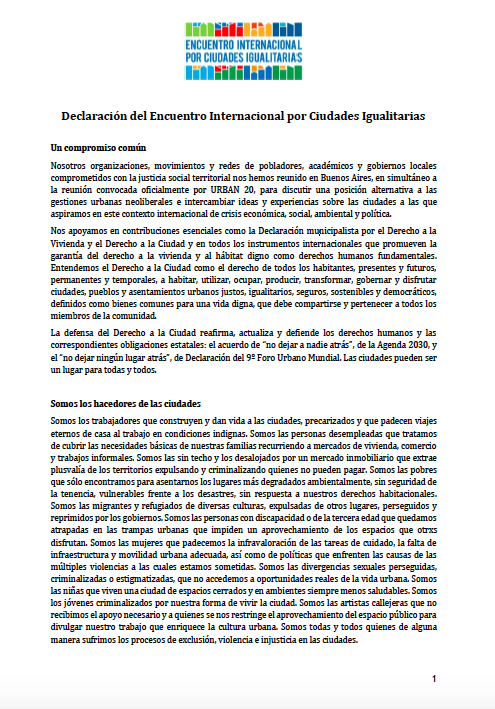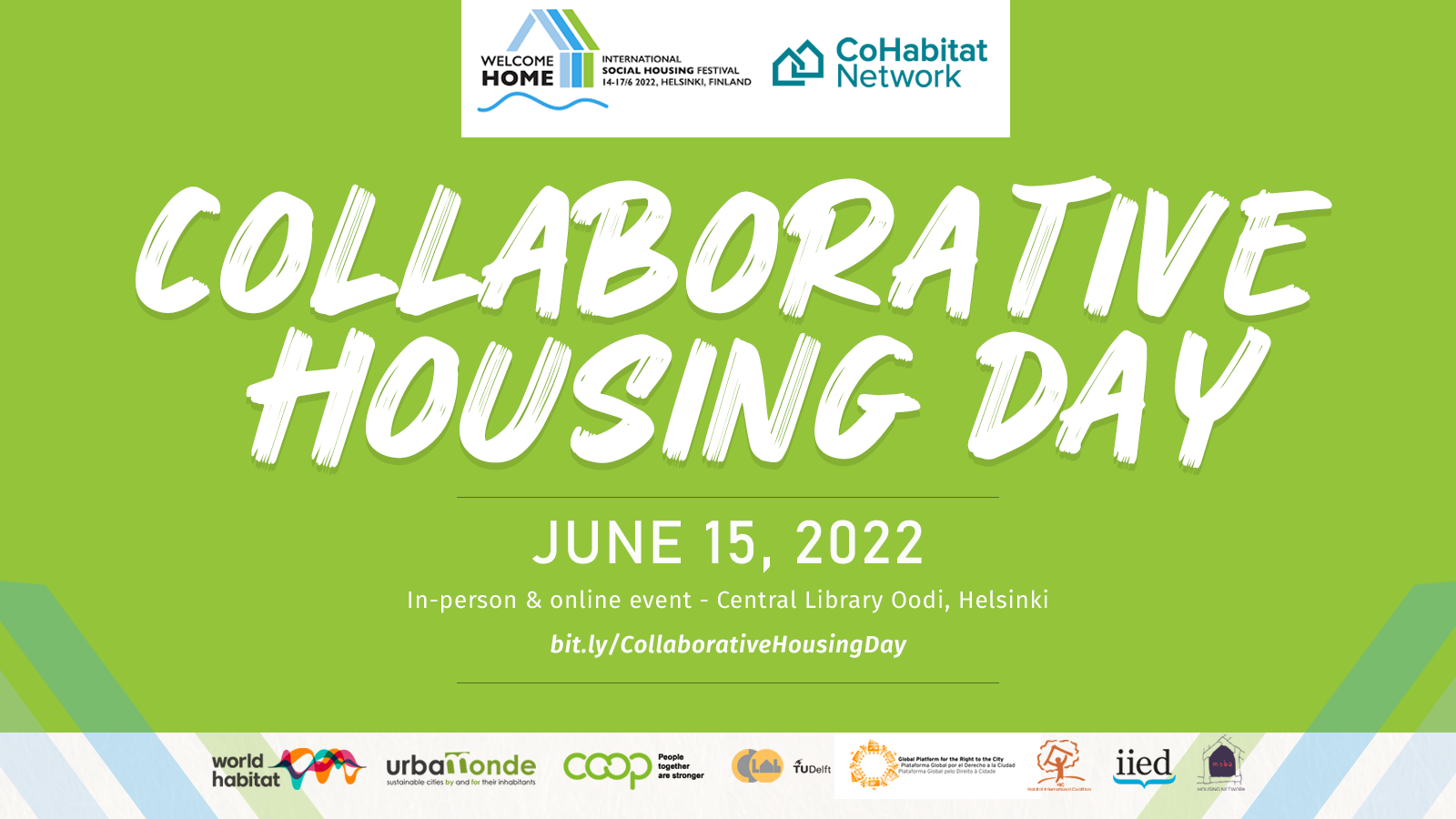There are already regional, national and municipal instruments such as The Charter of Educating Cities, the European Charter for Safeguarding Human Rights in the City, the European Charter for Equality of Women and Men in Local Life, the Aberdeen Agenda of the Commonwealth Local Government Forum, the Brazil City Statute of 2001 and the Montréal Charter of Rights and Responsibilities. Developing the right to the city as a vehicle for social inclusion in cities implies:
· Liberty, freedom and the benefit of the city life for all
· Transparency, equity and efficiency in city administrations
· Participation and respect in local democratic decision making
· Recognition of diversity in economic, social and cultural life
· Reducing poverty, social exclusion and urban violence.
The right to the city is not a positive right in a legal sense: neither UNESCO nor UNHABITAT have the intention to promote a new international legal instrument. Rather it is wished to encourage cities to learn from the best practices and tool kits that both UN Agencies have already and will prepare with the relevant partners. For example, both UNESCO and UN-HABITAT have already developed a tool kit for local authorities and city professionals? Historic Districts for All: a Social and Human Approach for Sustainable Revitalization? which was launched at a training session during the Fourth World Urban Forum in China (3? 6 November 2008). Further, UNESCO has supported the creation of three UNESCO chairs in 2007/2008 to launch in depth research: in Lyon (France) on Urban policies and citizenship, in Venice (Italy) on Social and Spatial Inclusion of Migrants? Urban Policies and Practices, and in Seoul (Korea) on Social Sustainability in Historic Districts.
To read the document just clik here




